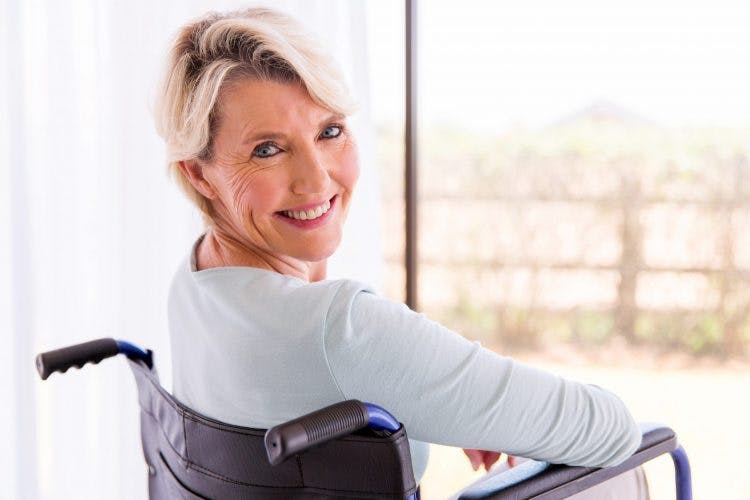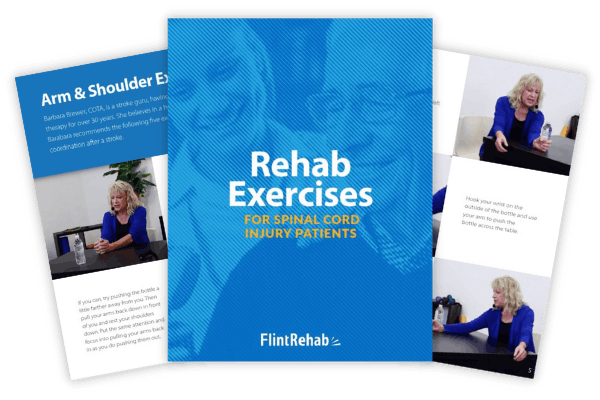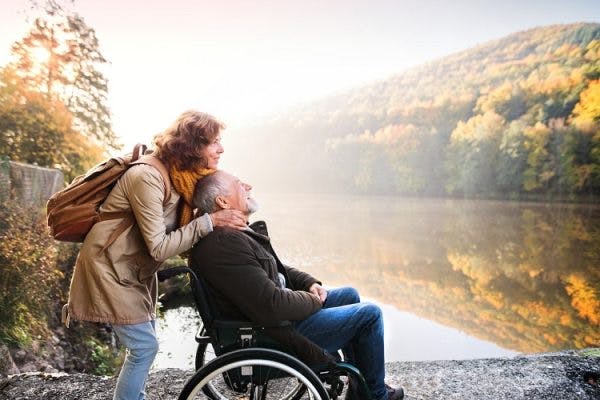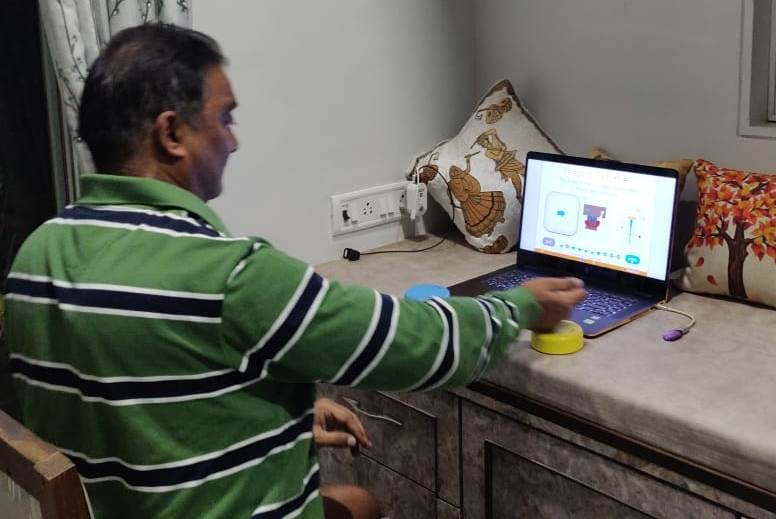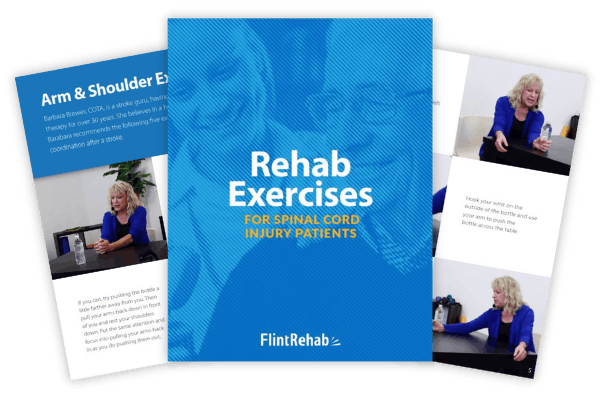Everyone experiences the emotional effects of spinal cord injury differently. Although SCI will not directly affect your emotions, it can take a toll on your mental health.
Your physical state has a lot of influence over your emotional state, so it’s essential to understand how to effectively cope after traumatic events like spinal cord injury.
Being emotional after spinal cord injury is completely normal. This article will guide you through ways to cope with the emotional effects of spinal cord injury.
7 Ways to Cope with the Emotional Effects of Spinal Cord Injury
A spinal cord injury will not directly affect the part of your brain responsible for regulating your emotions.
However, life after spinal cord injury can require a lot of changes. You may not be able to walk or perform activities of daily living like brushing your teeth and getting dressed on your own.
Losing some of your independence can significantly affect your mental health. Common emotional effects of spinal cord injury include depression, anxiety, or aggressive behavior.
Healing takes time, and everyone heals at their own pace, so give yourself time to grieve. When you’re ready to move on, here are some ways to cope:
1. Acknowledge Emotional Changes

It’s absolutely normal to become emotional after a life-changing event like spinal cord injury.
However, it’s also important to reflect on your emotions, how they make you act, and whether those behaviors are affecting your relationships with others.
Once you’re able to admit to yourself that you’ve become more emotional as a result of your SCI, you’ll become more aware of your behaviors. Try to identify your triggers and avoid them for a while. As time passes, your reactions to these triggers should mellow out.
2. Discover New Hobbies
Many people become upset that they can no longer enjoy the same activities they used to due to their new deficits.
If you’re willing to make adjustments, you can and should continue to participate in your favorite activities if you give yourself enough time.
For example, if you love to be active and play sports, consider joining an adaptive sports league.
This is also a great time to find new hobbies. Let yourself explore and try new things. It will keep you busy and help you better understand your body and its abilities after SCI.
3. Exercise
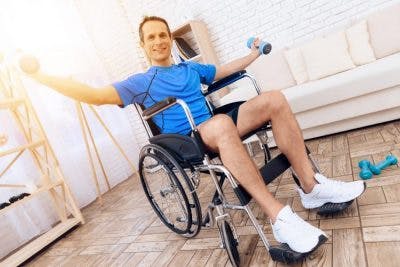
Exercise can drastically uplift your mood.
It can be an outlet to let off steam, get away from everyday life, and really just push yourself to do better.
It also helps regulate neurotransmitters and hormones that affect your emotions and motivation.
This will help reduce feelings of depression and anxiety, and promote better energy levels throughout the day.
4. Adjust Your Diet
What you eat matters. One of the best ways to promote stable mental health is to eat a nutrient-dense, well-balanced diet.
Greasy, overly processed, or very sugary foods can cause you to feel lethargic and experience spikes in blood pressure and blood sugar levels.
Instead, you want to focus on consuming foods that give you stable energy, promote cell growth, and prevent damage.
Discover what some of the best foods to eat after SCI are»
5. See a Psychotherapist and Get Medication if Necessary

If you’re experiencing depression, anxiety, or post-traumatic stress after spinal cord injury, seeing a therapist or psychiatrist can help.
Psychotherapy will help identify reasons why you might be feeling down and offer effective ways to cope. It will help you organize your thoughts so that you can feel less overwhelmed.
A psychiatrist can assess your mental health and determine whether medications can help regulate neurotransmitter levels (like serotonin and norepinephrine) in the brain.
6. Join a Spinal Cord Injury Support Group
Joining a spinal cord injury support group is a great way to connect with other SCI patients.
You can share experiences, ask questions, and have access to lots of information about coping with life after spinal cord injury.
This will help you realize that you are not alone and that many people have also been through similar emotions during their recovery journey.
7. Focus on Rehabilitation

The single most important thing to focus your energy on after spinal cord injury is to have hope! Recovery after incomplete spinal cord injury is possible because spared neural pathways exist.
The spinal cord is extremely adaptive and through highly repetitive and task-specific practice, individuals can promote neuroplasticity (the central nervous system’s ability to reorganize itself). The more you repeat weak movements, the more neural rewiring and strengthening occur.
The less severe your spinal cord lesion is, the more spared neural pathways you’ll have, and the better your recovery outlook. That being said, even those with complete injuries (where no spared neural pathways exist) can learn ways to live as independently as possible if they work hard in rehabilitation.
Stay Positive and Trust in the Process
Don’t let negative emotions keep you down! Try to maintain a positive mindset and focus on your rehabilitation.
Improvements may not occur quickly, but as long as you’re performing the movement, you’re stimulating the central nervous system’s ability to adapt.
Emotional states are temporary, and everyone copes differently. Don’t be afraid to experiment and find what works for you. Good luck!

